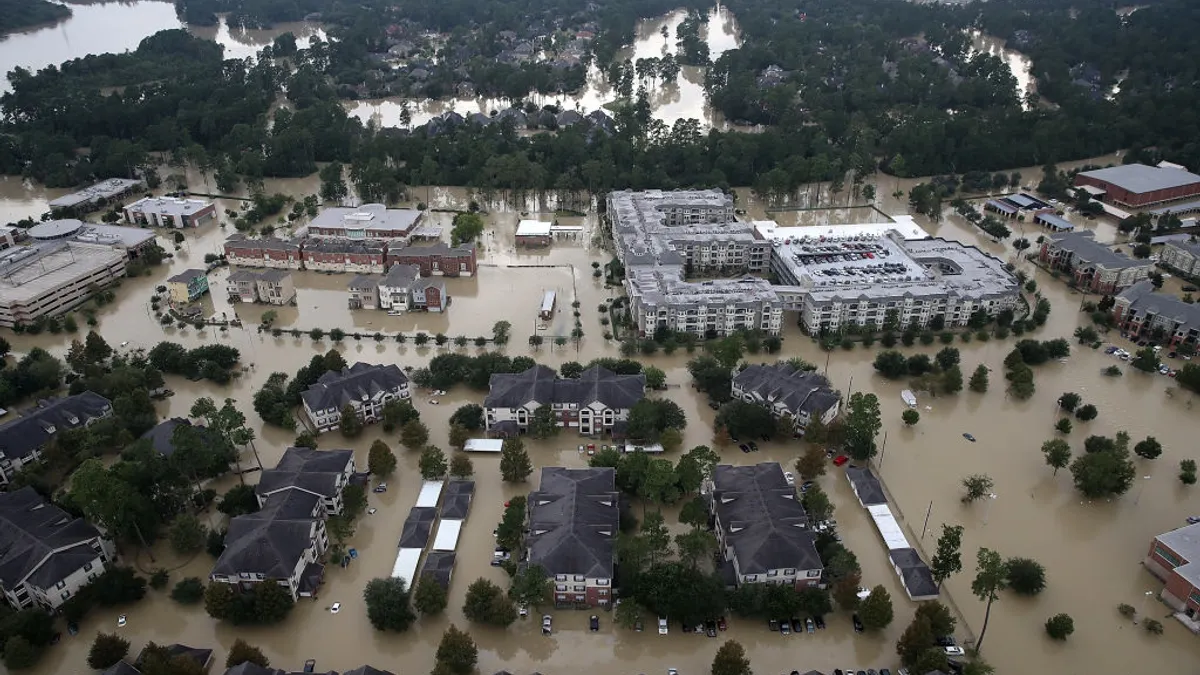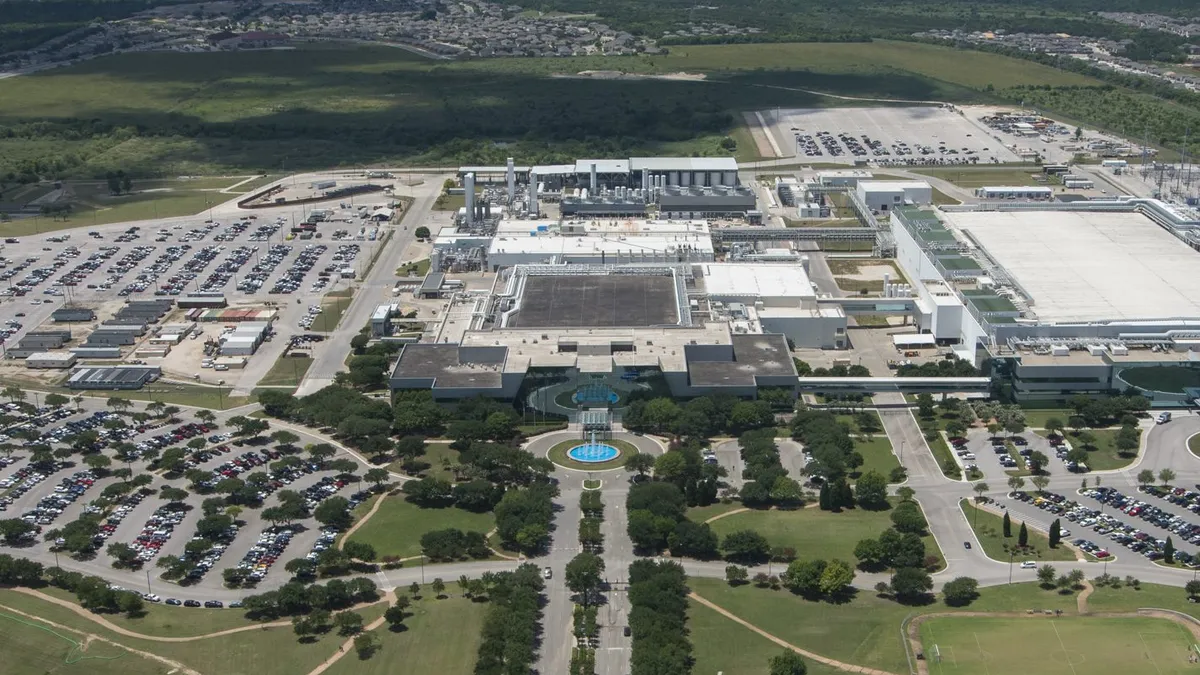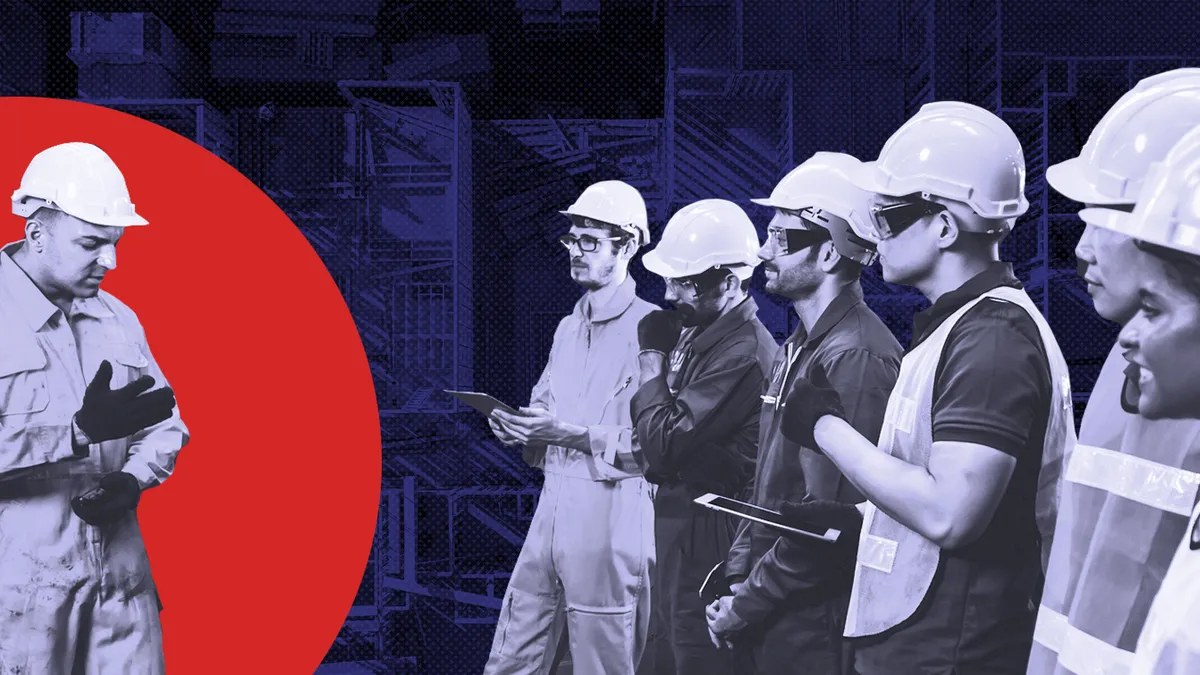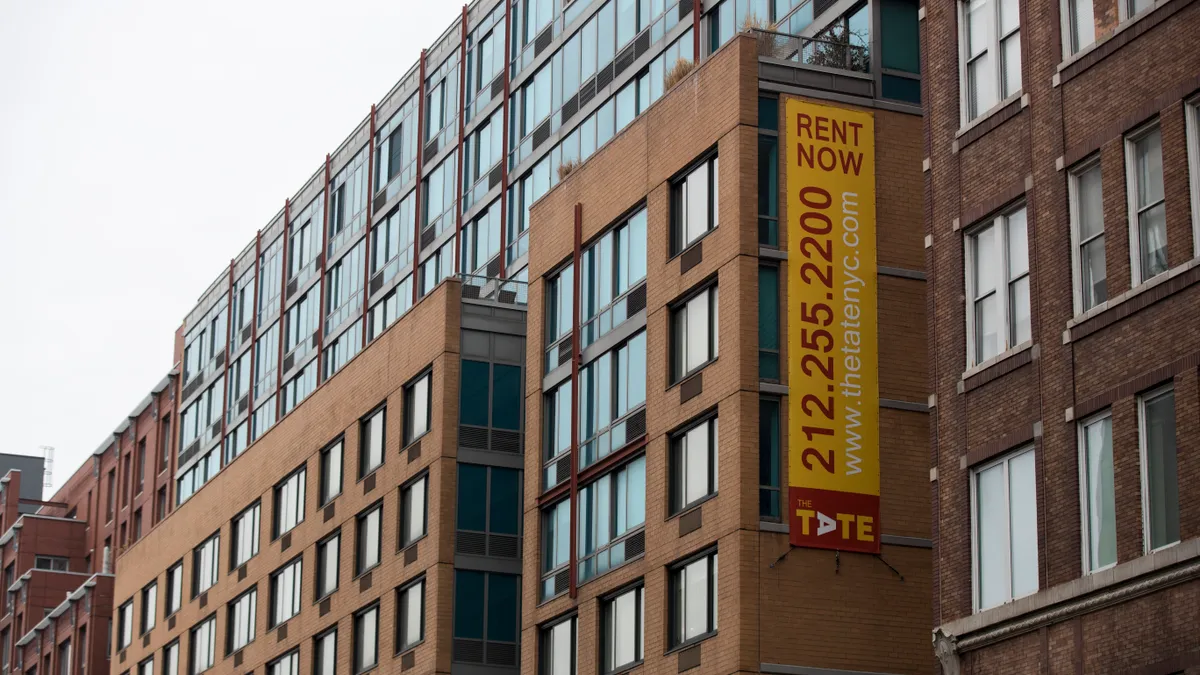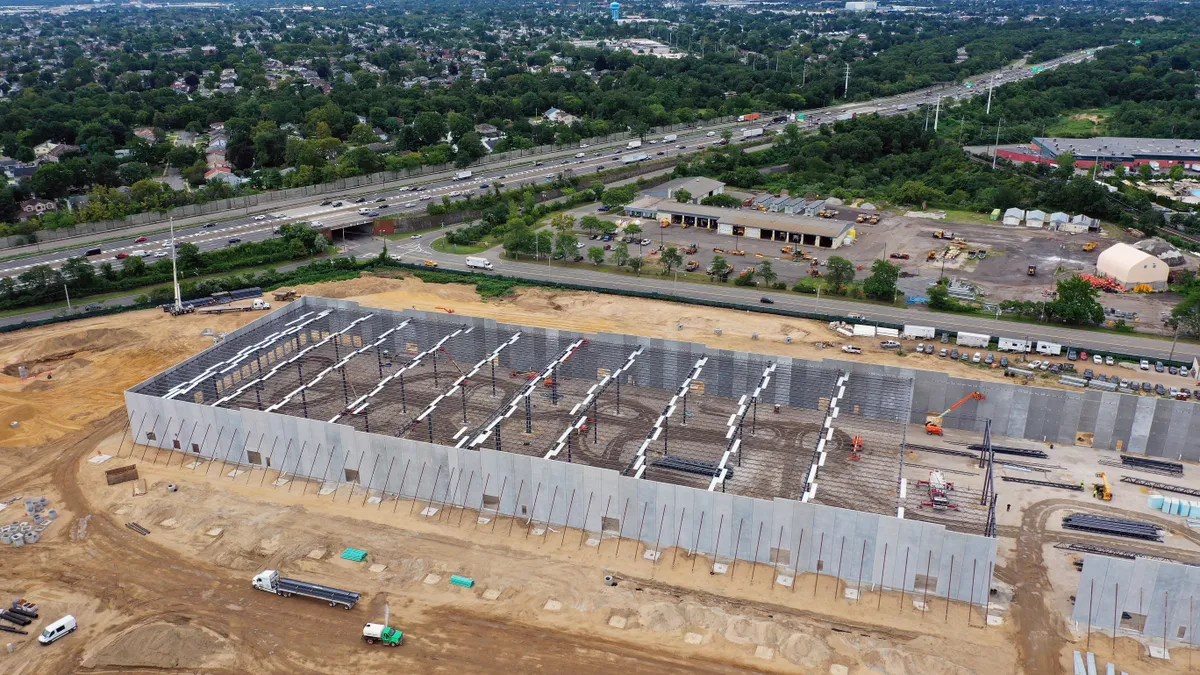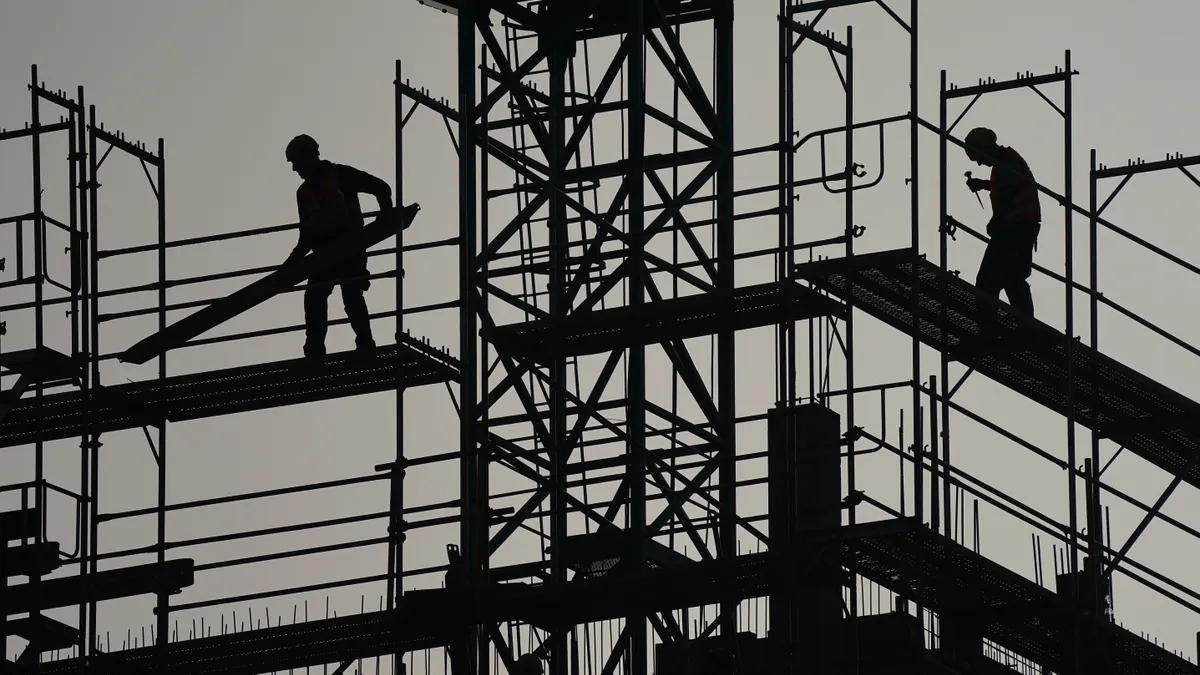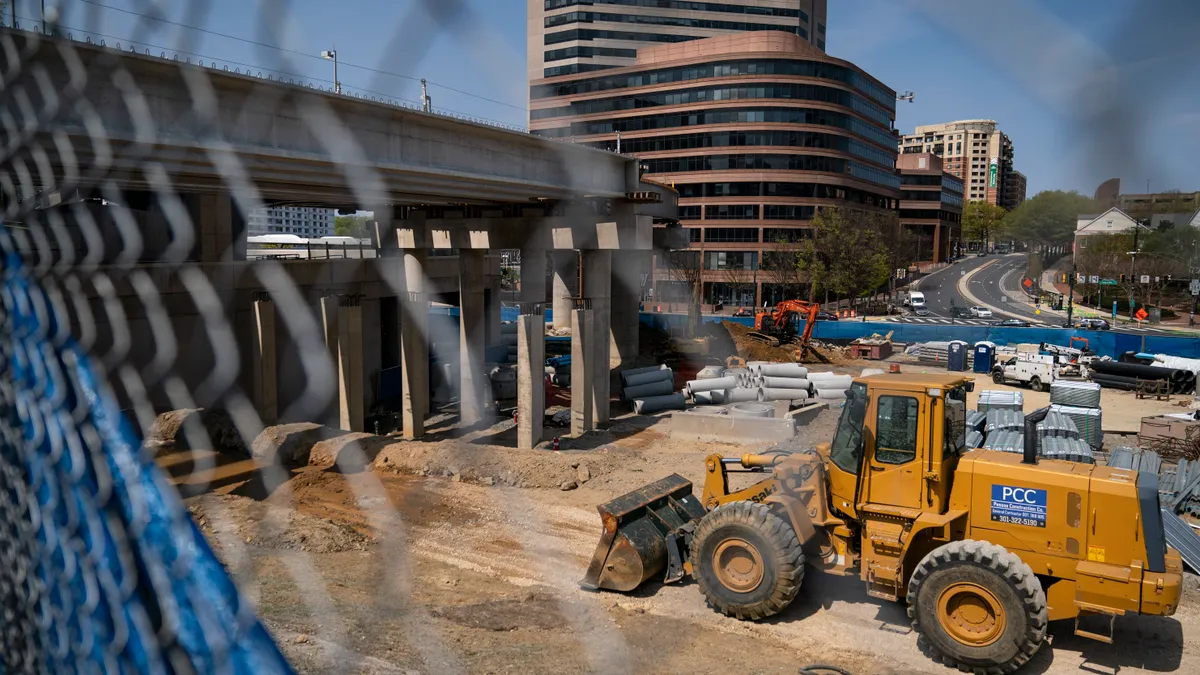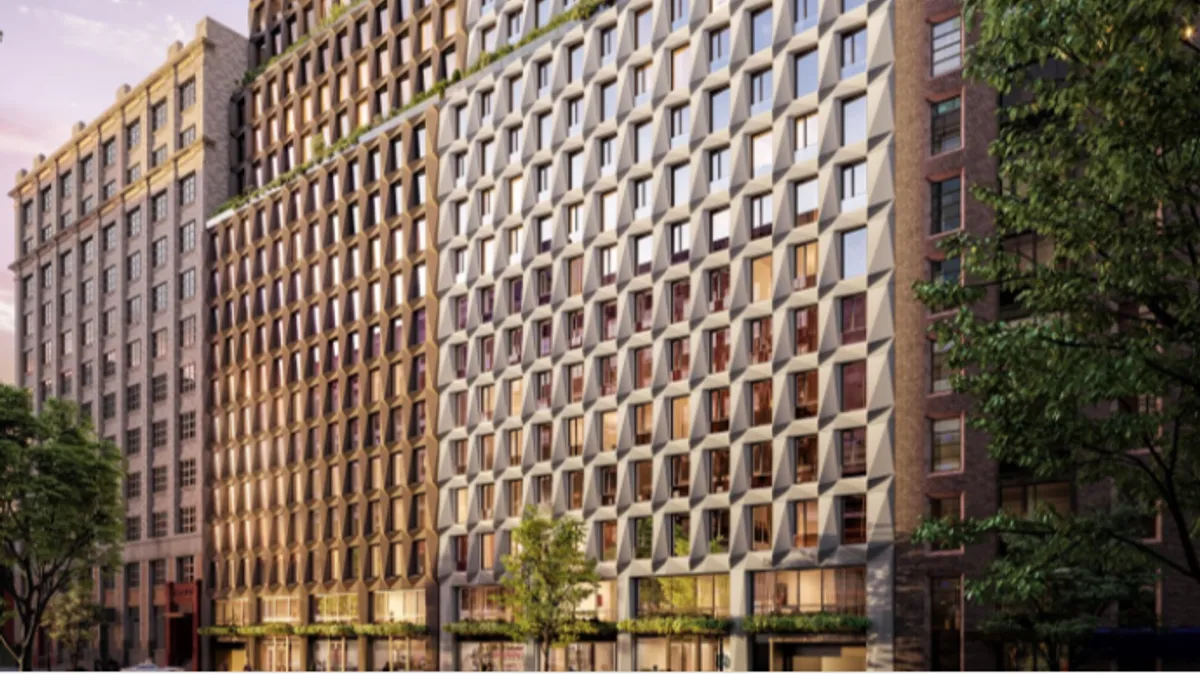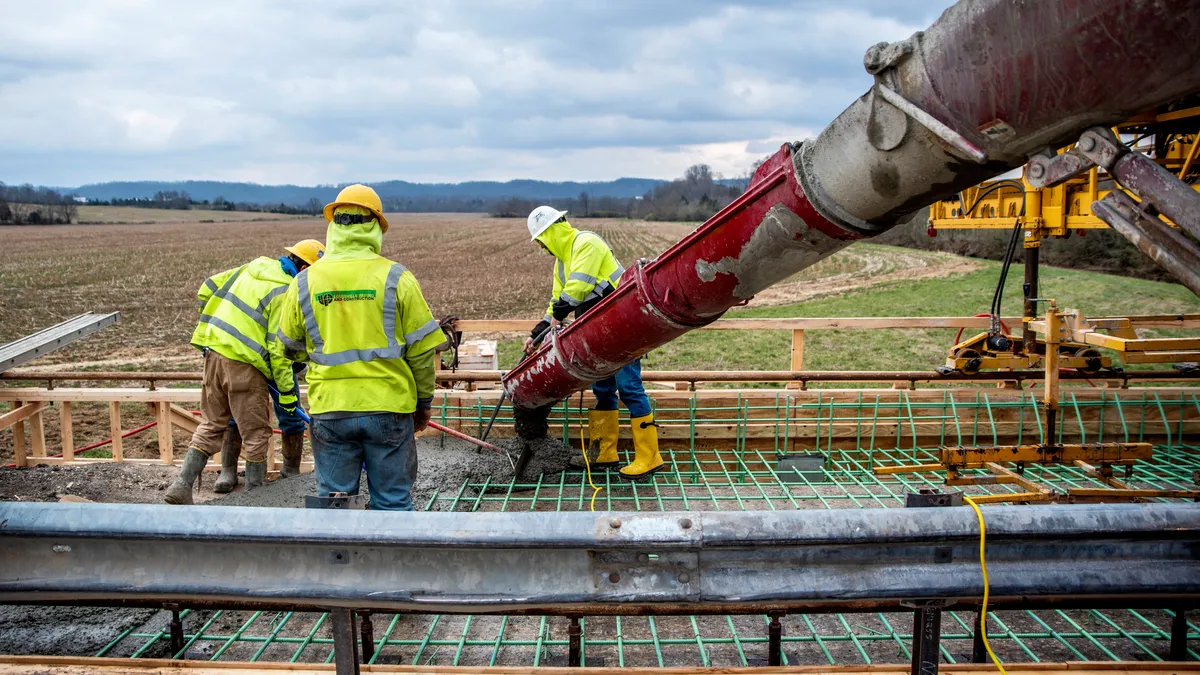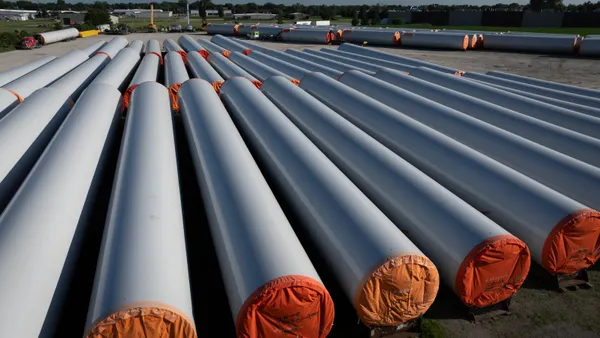Editor's note: This article is the second in a series looking at five of the country's hottest construction verticals. Click here for the entire series.
Data center construction has been surging during the pandemic, fueled by huge growth in e-commerce.
While that type of demand will likely cool off in 2022, a surge in orders by other users should keep activity in the sector humming along, according to industry experts, if enough workers can be found to build it out.
According to a data center report from U.K.-based global real estate and infrastructure consultancy Turner & Townsend:
- 95% of respondents predict data center construction demand in 2022 will be greater than 2021.
- 82% of respondents rate data center construction market conditions as hot or overheating.
- 70% of respondents consider the data center industry to be “recession proof."
Construction trends developing
Data center projects are getting larger, while timelines and schedules are getting shorter, said John Arcello, advanced technology core market leader at DPR Construction, a California-based commercial general contractor.
Previously, the duration of a data center project could take around two to three years in planning alone, but that process has been compressed to around 18 months, Arcello said. The actual construction aspect of a project is even shorter, aided by standardized designs and repeatability, Arcello said.
"I think [shorter timelines] is from all of the stakeholders. From data center operators, they’re really looking to get in front of it by doing land banking," said Arcello. "They're looking at ways that we can do vendor management, inventory as well."
Another trend affecting data center construction is the specific types of facilities that enterprises are using to meet their IT needs, said Ryan Ferguson, vice president and project executive of Mission Critical at McCarthy Building Companies.
"We are expecting continued strength and activity in the data center sector as demand for data centers of all types grows," said Ferguson. "The rapid growth we saw in 2020 and 2021 related to COVID-driven work-from-home and an increased dependence on web-based commerce will likely level off while other factors will ramp-up demand."
He added another factor in the sector currently is balancing the building of new facilities versus using stranded capacity and shell space in existing facilities to maximize capabilities of what's already been built, particularly in the face of labor shortages. Even cryptocurrency could spark a surge in data centers.
"As cryptocurrencies, NFTs and the metaverse continue to become more mainstream, a new sub-sector of the data center industry is rapidly emerging in the cryptocurrency mining space," said Ferguson. "China's outlawing of cryptocurrency mining sparked an arms race to deploy these facilities in North America."
Jim Nowakowski, president of Accountability Information Management, a Palatine, Illinois-based B2B research company, said it's the increased diversity of the types of businesses building data centers today — and not just the e-commerce giants — that really stands out.
Sports arenas, convention centers and offices, for example, are "really where the action is," he said, while the overall value of hospitals and clinic projects are among the highest in the industry.
Growth is concentrated in Northern Virginia, Dallas, Phoenix, Chicago, Silicon Valley and Atlanta, according to the report.
Labor challenges still remain
However, despite strong demand, the sector has experienced acute staffing shortages due to COVID-19, which have restricted data center construction capacity in North America and impacted supply chains.
"The skilled labor workforce is one key theme," said Paul Barry, associate director in Turner & Townsend's Dallas office. "We have some projects in rural locations where you'd almost need to go as far as incentivizing the workforce to bring them to your project."
The Turner & Townsend report found that:
- 87%of respondents agree global material shortages have caused delays to data center construction.
- 84% of respondents reported skills shortages for experienced data center construction teams.
- 58% expect the proportion of retrofit/conversion of existing stock, instead of new builds, to increase year-on-year.
There are currently around 180 projects valued at $9.4 billion in the planning stages in the U.S. and Canada, with most of those projects by colleges, universities and government buildings, including fire and police stations, according to Accountability Information Management.
"Life without data and the ability to process it becomes less rich, less fulfilling," said Nowakowski. "As long as people keep demanding it, and devices are talking more and more to each other, data centers will have a bright future."





